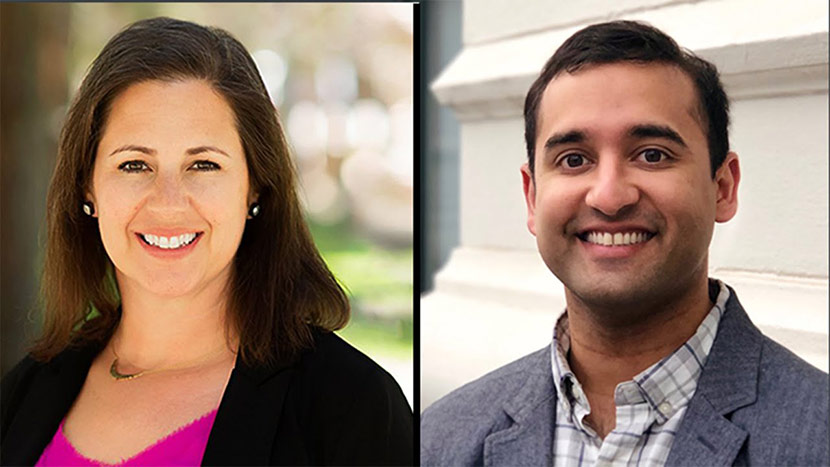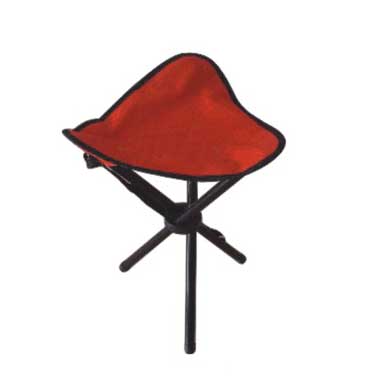
The best learning experiences for me have been times when I come away questioning core assumptions about the work I/we do. As palliative care folks, we try to help people understand where they are in relation to their disease and what their hopes and goals are for care. We offer treatments and resources to match those needs through, in part, supportive communication. What if, in our kind, well-meaning communication, we actually hurt or push away the very people we purport to serve? We may then feel misunderstood, even angry. (Sound like a relationship you’ve had?)
Diane Meier, MD gave an update on March 4th at the HPNA/AAHPM annual meeting entitled “Update on National Palliative Care News: How the Big Picture Affects You.” It was an enlightening, exciting, distressing update and call to action for the palliative care community. She made too many important points to discuss here, so let me pick one.
The new (to me) hot word in the political arena is “optics”. It’s all about how you see things – perception. Perception is in the eye of the audience. (Kind of like pain or shortness of breath is what the patient says it is.) We want and NEED to have a relationship with our patients and families who are part of the general public. We need them to perceive us as helpful and valuable both to serve them and to promote our vision of a holistic health care environment that matches patients’ preferences with appropriate care. So why do our patients/families, through the media and through our work, often NOT see us as helpful and valuable, but, as my son once proclaimed me, as “The Mistress of Death”? What, we must ask if we want to sustain a future in this relationship, is our part?
Dr. Meier observed that we use language that associates palliative care with dying. Consistently. Language is important. Language creates perceptions and (may) define our relationships with the people we care about most. Consider that the tiny line in the proposed health care bill allowing physicians to be reimbursed for having a conversation every 5 years with their patients about advance directives DIED because of optics. It was perceived (used, twisted, misconstrued) by a few clever politicians that physicians were going to talk about dying and (logically, of course) talk people into dying. They quickly conveyed this idea to the general population, OUR audience – our audience who votes. Language. Optics.
Our audience – patients and families – often don’t want to hear about dying. Death and dying is scary. Scary equals reactionary sound bites (i.e. death panels) that can dash any hope we have of reasonable reform and ongoing open relationships. (Ex. Advance directives talks with your physician = dying = fear = death panel = killing Granny and babies with Down’s syndrome). And guess what other words also equal death to our audience? Terminal. Advance directives. End-of-life. Hospice. Yes, and even bereavement. As long as the majority of our patients/families (to say nothing of our health care colleagues) associate palliative care with dying, they will not have access to our services.
Whoa, this is a lot to take in. You mean don’t use the words we have been using for decades to demystify the fear and denial of death in our culture? Isn’t this who we are? What about the movement we have come to birth, nurture and protect? Really, stop using those words?
On the other hand, if these words cause others to retreat from our services, how does it serve either of us? Does rubbing someone’s nose in something we feel is important make them want to be our friends? Probably not.
OK, let’s go back to our part in this relationship. In any relationship, intimate or professional, we make compromises. We decide how much we are willing to compromise to maintain the relationship and how much to hold our ground lest we lose our integrity, our selves. Like good palliative care folks, we must ask ourselves, what are the perceived benefits and anticipated risks?
Everywhere we merge the terms hospice and palliative care. Even our national organizations merge the words: Hospice and Palliative Nurses Association, American Academy of Hospice and Palliative Care Physicians, The National Hospice and Palliative Care Organization. Yet hospice care is a subset of care for the dying which is a subset of palliative care. If we really want to separate the perception that palliative care is about dying, do we need to have separate national organizations? Separate certification and educational programs? Do we need to rename palliative care “supportive care”? This may seem outrageous to some. But we must ask, what are OUR goals? I certainly don’t have the answers, but I think the questions are really important.


